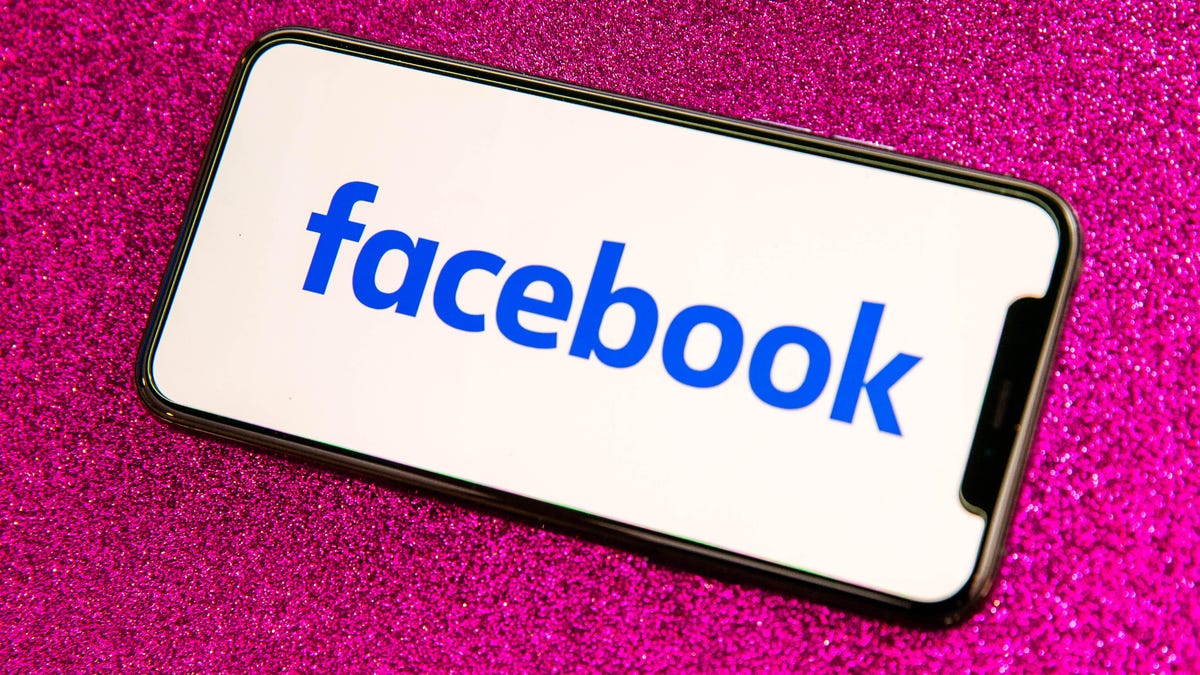Facebook free-internet users charged through their cellular carriers
Some users in free mode are being charged for data while using Facebook's text-only version.

Facebook's free internet service launched in developing nations and low socio-economic areas more than five years ago to provide people with free access to some online services. But many people are being charged small amounts for using data by their cellphone providers while using the apps in free mode -- altogether amounting to millions of dollars every month in the year ending July 2021, according to a Wall Street Journal report.
Meta made note of the issue last year, calling it a breach of its transparency principle in an October memo, according to the Journal report Monday citing internal company documents.
The problem was described in the internal documents as "when users are in Free Mode and believe that the data they are using is being covered by their carrier networks, even though these users are actually paying for the data themselves," the Journal said.
The problem is related to a text-only version of Facebook, a Meta spokesperson told CNET in an emailed statement.
"We tell people that viewing photos and videos will result in data charges when they sign up, and we do our best to remind people that viewing them may result in data charges," said Meta spokesperson Drew Pusateri. "The issue identified in the internal report that affected some of those reminders has largely been addressed. We'll continue to work with our partners to meet our obligations to these users and ensure accurate and transparent data charges."
You can read the entire report by The Wall Street Journal here (subscription required).
Facebook was previously criticized for its free internet service in India in 2016, when internet rights groups said Free Basics violated net neutrality principles and provided only "partial access to the internet."
"If you think access to the internet is a right like access to health care and clean drinking water," the letter said, "then Facebook should support affordable access to the entire internet for everyone, not access only to those services that Facebook or its partners deem acceptable."
The service was already available in 36 countries at the time, but Facebook Free Basics was cut off in India a month later.

